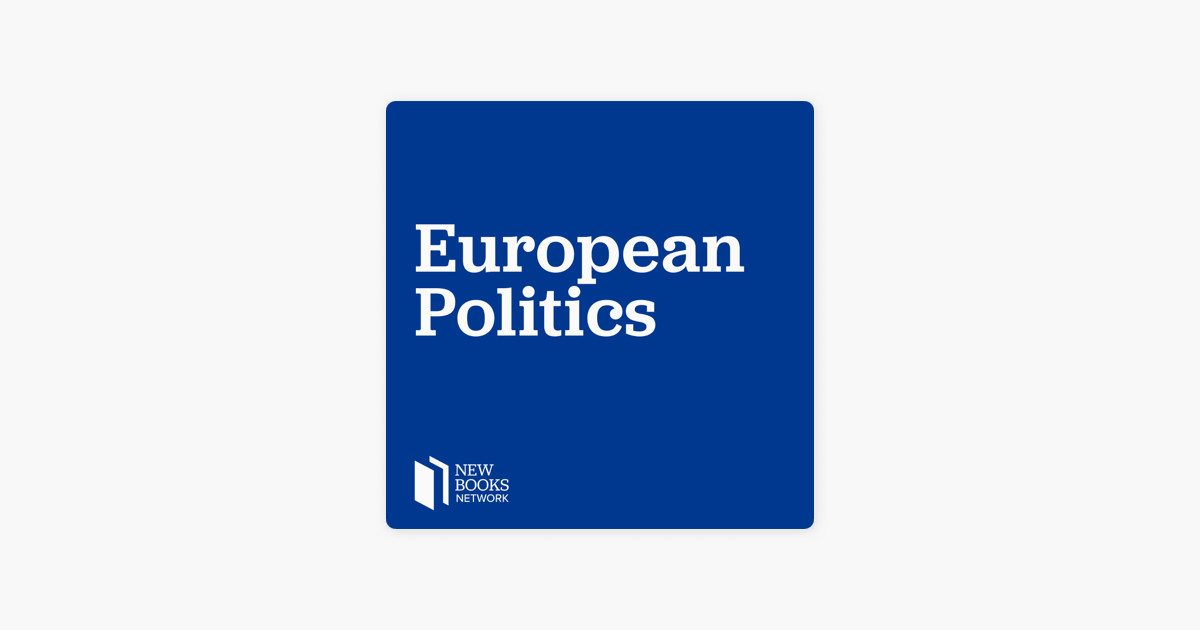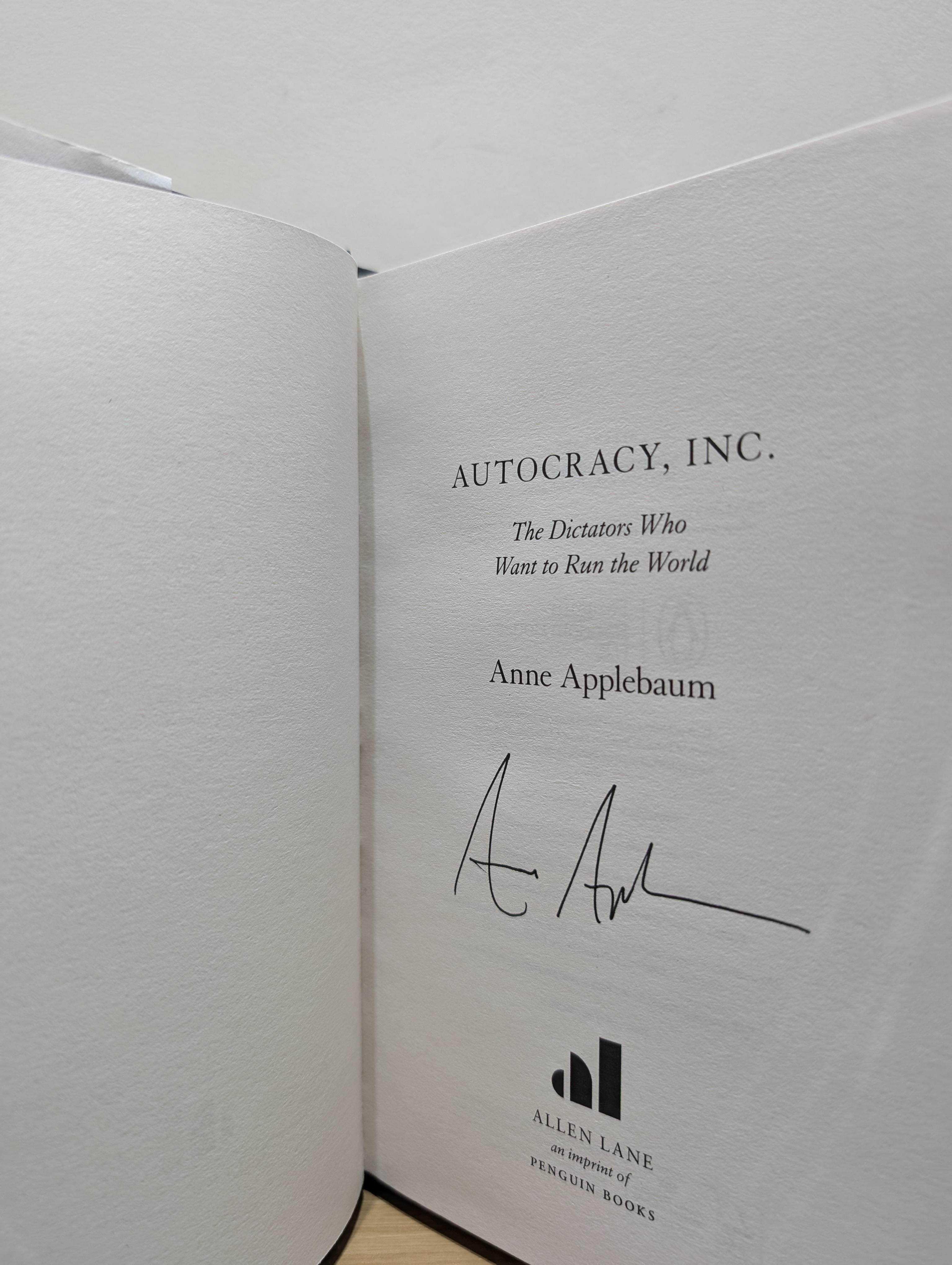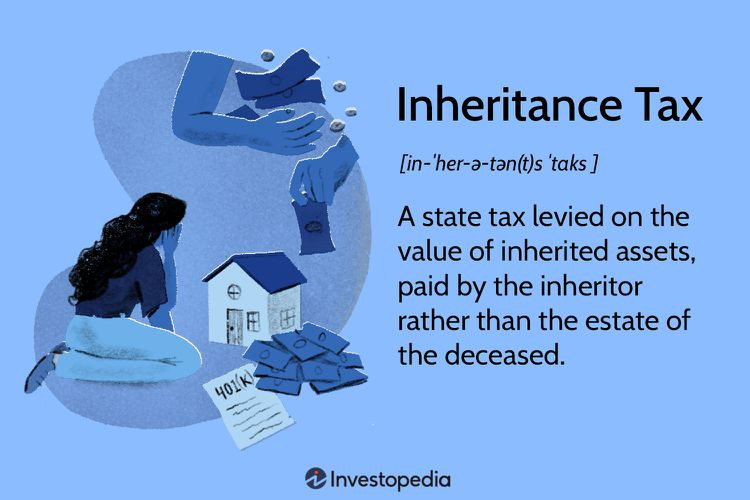We live in interesting times. The Soviet satellites in eastern Europe and elsewhere, the military oligarchies once supported by the United States in Latin America, have receded into the past, features of the second half of the 20th century. During the Cold War, those who suffered under, and resisted, authoritarian regimes understood their rules, their alliances, their diversity and what qualified those who sought change for prison or worse. The collapse of the Soviet Union under Gorbachev heralded not the gradual global triumph of liberal democracy, but fresh growth and development of unpredictable authoritarian states.
What causes authoritarianism? Economic explanation of political structures is the tribute Liberalism paid to Marxism. The old liberal refrain was that apartheid would be ended if only a black middle class could form, sharing in national wealth. The Soviet Union collapsed after economic failure. The ending of support from East Germany and the Soviet Union were largely instrumental in bringing Mandela’s ANC to the negotiating table. And it was economic sanctions against South Africa that drove the Afrikaner regime to negotiate.
In October 1990, West German diplomacy achieved the re-unification of Germany. Germany firmly believed that key to its success lay in trade and economic development. As Anne Applebaum puts it in Autocracy, Inc.: The Dictators who Want to Run the World (240 pp, £20), published last month by Allen Lane: “They also believed that trade and diplomacy would, eventually, help normalise relations between Russia and Europe.” This was a foundational element of Angela Merkel’s thinking. The Nord Stream 2 pipeline was born. In 2022, the $20 billion project designed to bring gas – bypassing Poland and Ukraine – direct from Russia to Germany, was destroyed in an underwater explosion. The hope of “Wandel Durch Handel”, change through trade, went with it. As energy bills rise again this winter, we are still living through the consequences of the policy. (For interested readers, Anne Applebaum will be talking about her book in Union Chapel, Compton Terrace, London N1 2UN on September 2nd. Doors open at 18.00 with the talk commencing at 19.00.)
The priority of trade and economics were David Cameron’s refrain as he promoted interdependence with China, hoping to bring it into the democratic world, during his tenure as Prime Minister from 2010 to 2016. Such was the hold an optimistic economism had on international relations. In 2022 the former Hong Kong Governor, Chris (now Lord) Patten, called Cameron’s position on China “mush diplomacy”: “Hoping for the best is not a very good basis for policy”, he added.
Yet a stubborn belief persisted, at least during the first decade of the 21st century, that, given time, economic progress, wealth creation, and a reduction in inequality could sort things out. As representative of the Quartet, (the UN, EU, US and Russia) from 2007-2015, Sir Tony Blair was tasked with promoting economic growth in Gaza and the West Bank in pursuit of peace. A kind of economistic faith that with enough GDP all manner of things would be well lingered, alongside faith in economic sanctions against declared enemies.
Applebaum makes a strong case that Russia did not emerge from the 1990s as a state that for a variety of reasons had tried, but failed, to adopt the liberalism its Western advisers were promoting. Rather, from Putin’s first days in the new century, she argues, he was setting up Russia as a mafia state to enrich his coterie, a kleptocracy with added nationalism and a “restorative nostalgia” for a defunct imperial Russia as its motif.
The new feature of most post-Cold War authoritarian regimes is organising power primarily to enrich themselves. Trump-like, they do deals with each other, forming an eclectic, transactional rather than ideological, network. Such unlikely bedfellows as Syria, Venezuela, Cuba, Zimbabwe, Mali and North Korea are participants. In pole position, there is a pragmatic China, relying on its economic power to reel in client states and supporting Russia in its episodes of combat with Europe and the USA. There are also states of geopolitical importance, even functioning democracies like Turkey and India, as well as Saudi Arabia governed by a dynastic dictatorship, who for their own purposes occupy a Janus-like position. Iran remains a full-blown autocratic Shi’a theocracy, an active player in the network. Afghanistan under the Taliban stands almost alone as a Sunni tyranny, driven by a crazed gender ideology.
The key to the new projection of authoritarian power is found not only at national level: a brutal security apparatus and, in the case of China, Orwellian levels of surveillance. Internationally, technological opportunities open to all allow the spread and sharing of disinformation, tailored to intensify social conflict in democracies and the political advancement of political extremes. Social media provides multiple platforms on which “to manipulate discontent, channel anger and fear”, in their target communities and enhance a search for homogeneity, belonging and order over diversity and difference. As Applebaum succinctly puts it, liberalism and democracy were not exported to the East, rather an “autocratic predisposition” and illiberalism infected the West. This was a message in her Twilight of Democracy (Allen Lane, 2020).
But the picture looks a little less dire today. Beginning with the 2023 defeat of the Law and Justice Party in Poland by Donald Tusk’s Civic Coalition (KO), followed this July by the Labour Party landslide crushing a Conservative Party too long in hock to its right-wing, then Marine le Pen’s setback in the French elections followed by Bangladesh ridding itself of Sheikh Hasina in August, and the USA seemingly past peak-Trump populism, liberalism has been making a comeback.
The problem with Applebaum’s two books – and some sympathy is appropriate – is that while with great journalistic skill she pulls together a convincing diagnosis, her policy prescriptions are either too generic or underemphasise the powerful forces that will block their impact. Most notably, getting some control over cyber-subversion and political interference of a sophisticated kind on social media platforms seems intractable. (The arrest of the Telegram CEO, Pavel Durov, in France suggests one possibility.) She also – laudably — advocates non-violent resistance, while acknowledging the terrible toll of civilian casualties that resulted from street demonstrations and resistance in Iran, Myanmar, Egypt, Syria and other authoritarian states. She is right that autocratic drift, the ubiquity of corruption enriching political leaders for whom elections are a form of “decoration”, needs calling out. But her suggestion that civil society in democracies, as well as diasporas, should see themselves linked to citizens in autocratic regimes, faces the longstanding dilemma: “foreign interference, working for a foreign power” is the first thing on the charge sheet.
Autocracy, Inc. provides a welcome and coherent analysis of the kleptocracy network from a prominent centre-right figure. There are very few lacunae in the story Applebaum tells. You get a handle on a vital security topic in double-quick time. It was news to me that an emphasis on a “multipolar world” is a key authoritarian card, played to justify repressive political systems, or that the repetition of “the decadent West” is primarily aimed at non-aligned nations.
Applebaum’s warning is timely. It explains why states need to pool expertise to counter effectively the combined forces against democracy. There is no doubt that the way forward will be demanding for democratic states struggling with overwhelming internal problems created, not by authoritarian states but by feckless governments, bankers, tech giants and, secondarily, by the international energy companies.


















